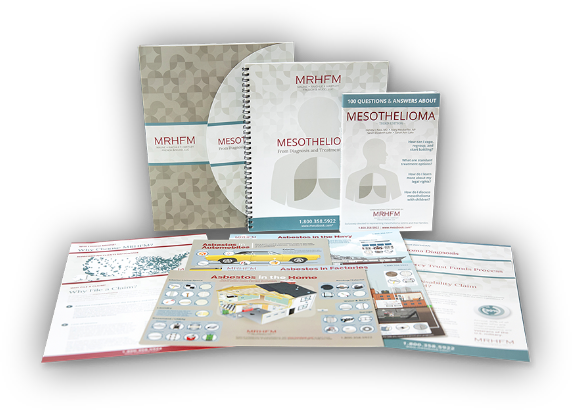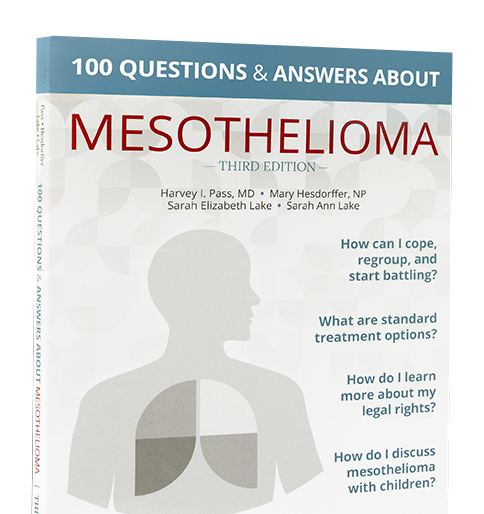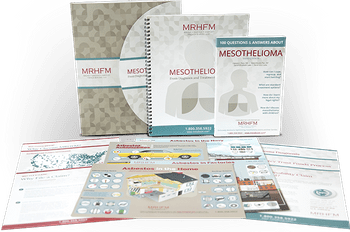It was recently announced that two more mesothelioma talc cases will be heading to court soon. The New York Supreme Court has denied the defendants’ motion for summary judgment requests, giving the green light for the cases to move forward. The plaintiff in the first case filed suit against Colgate-Palmolive, Imery’s Talc America, Inc., and Cyprus Amax Minerals. Imery’s and Cyprus sold and shipped talc to Colgate-Palmolive.
In the case, the plaintiff claimed she developed mesothelioma resulting from the use of Colgate-Palmolive’s iconic Cashmere Bouquet talcum powder from 1968 through 1985. Colgate-Palmolive’s motion for summary judgment was denied by the New York Supreme Court, which concluded that issues of fact remain as to whether the plaintiff’s use of the product caused her mesothelioma. Motion for summary judgment should not be granted, “when there is any doubt,” the court said.
Imery’s and Cyprus asserted that the companies are Delaware corporations and were not involved in the design, development, manufacturing, testing, research or mining of the talcum powder in New York, so they cannot be held liable in New York for damages caused to the plaintiff. The Supreme Court disagreed, contending that both companies actively sold and shipped talc to Colgate-Palmolive in New York for nearly six years.
The second case involves a 76 year-old woman who claims she developed mesothelioma after using Johnson & Johnson Baby Powder for decades. Because the plaintiff did not experience occupational exposure or second-hand exposure in the home to asbestos, the only place she could have encountered the toxic mineral is through contact with Johnson’s Baby Powder. Per a Legal Scoops report, as a child (as far back as 1945), the plaintiff said her mother would use the product “liberally to the point that the air would become smoky” with powder.
The plaintiff’s exposure continued through childhood and into adulthood, and even with her own children and grandchild.
Johnson & Johnson will now stand trial in the case against it after the New York Supreme Court said it “failed to provide evidence that would allow for a support of summary judgment.”
The company is currently defending some 12,000 lawsuits accusing its talc baby powder of causing mesothelioma, ovarian and other types of cancers.
If you have been exposed to asbestos, see your doctor right away. Although there is no cure for mesothelioma, early detection could lead to better treatment options and outcomes. See your doctor today.
Sources
“Hooper-Lynch v Colgate-Palmolive Co.” Law.Justia.com. Justia, 2019. Web. 20 Jan. 2019.
"Justice: Talc Miner’s Denials Not Enough To Free It From New York Asbestos Case." Lexis Legal News. Lexis Nexis, 2018. Web. 20 Jan. 2019.
LaVito, Angelica. "J&J announces $5 billion share buyback program after report wipes out $50 billion in market value." CNBC. CNBC LLC., 17 Dec. 2018. Web. 20 Jan. 2019.
Maslow, Jacob. “Johnson & Johnson Motion for Summary Denied in Mesothelioma Baby Powder Case.” Legal Scoops. Legal Scoops, 17 Dec. 2018. Web. 20 Jan. 2019.
Neural IT News. U Neural IT, 10 Dec. 2018. Web. 20 Jan. 2019.
“N.Y. Court Says Issues of Fact Exist as to Whether Plaintiff’s Mesothelioma Was Caused by Cashmere Bouquet.” HarrisMartin Publishing. HarrisMartin Publishing, 18 Dec. 2018. Web. 20 Jan. 2019.






